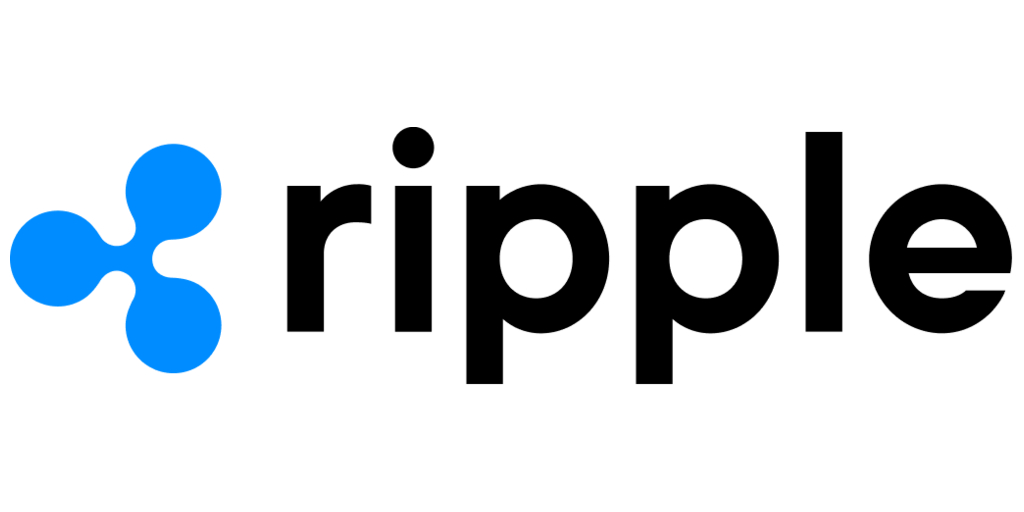
SEC Seeks $2 Billion Penalty from Ripple Labs Amid Ongoing Legal Battle
The U.S. Securities and Exchange Commission (SEC) has intensified its legal pursuit against Ripple Labs, seeking fines and penalties amounting to $2 billion. This development marks a significant escalation in the protracted legal battle between the regulatory authority and the fintech company over the sale of the cryptocurrency XRP.
Stuart Alderoty, Ripple’s Chief Legal Officer, disclosed the SEC’s move in a series of social media posts. According to Alderoty, the SEC submitted court documents under seal to U.S. District Judge Analisa Torres in Manhattan, requesting the substantial penalties. While the SEC declined to comment on the matter, Alderoty criticized the regulator’s approach, accusing it of aiming to punish and intimidate Ripple and the broader industry.
The roots of this legal confrontation trace back to 2020 when the SEC filed a lawsuit against Ripple, alleging that the company, along with its CEO Brad Garlinghouse and co-founder Chris Larsen, unlawfully raised over $1.3 billion through the sale of unregistered securities in the form of XRP. Although the SEC dropped its claims against Garlinghouse and Larsen later, the case against Ripple persisted.
In a significant development last year, Judge Torres ruled that while some of Ripple’s XRP sales did not violate securities laws, certain direct sales of the token to institutional investors indeed constituted securities offerings. This ruling dealt a blow to the SEC’s case, highlighting the complexity surrounding the classification of cryptocurrencies under existing securities regulations.
Despite ongoing legal maneuvers, Ripple continues to challenge the SEC’s allegations vehemently. Garlinghouse, in a post on social media, criticized the SEC’s proposed $2 billion penalty, highlighting the absence of fraud or recklessness findings in the case. He pledged to contest the judgment motion, signaling Ripple’s determination to defend its position vigorously.
The legal saga between Ripple and the SEC has broader implications for the cryptocurrency industry at large. While the SEC seeks to enforce traditional securities laws on digital assets like XRP, the industry advocates for regulatory clarity and frameworks tailored to the unique nature of cryptocurrencies.
In the interim, Ripple prepares to file its response to the SEC’s motion, emphasizing its commitment to challenging what it perceives as regulatory overreach. The clash between innovation and regulation in the fintech space continues unabated, underscoring the importance of striking a balance between fostering innovation and ensuring investor protection in the evolving digital economy.





